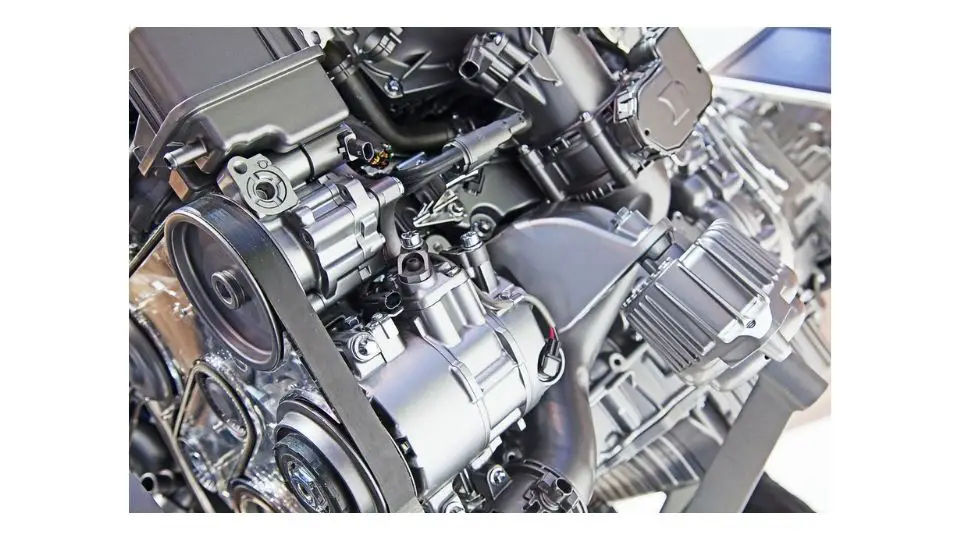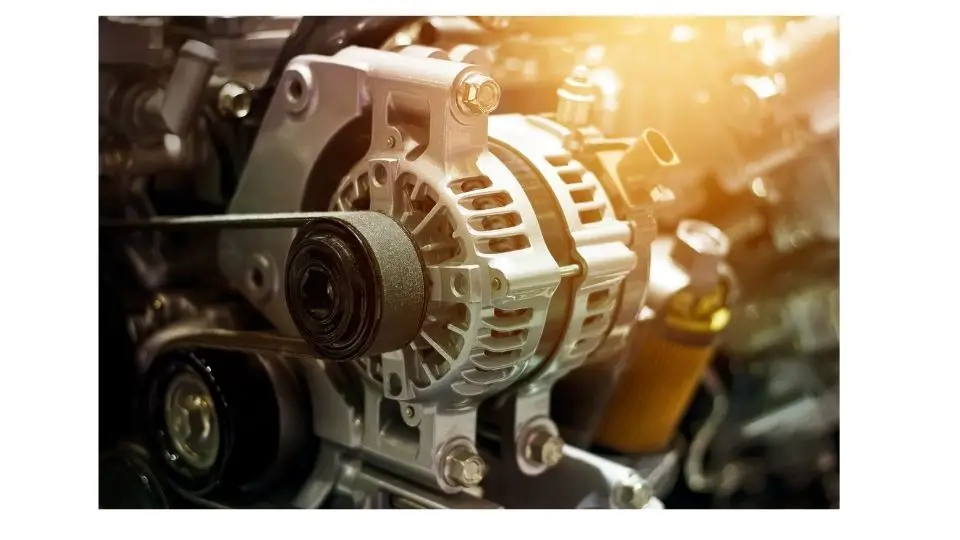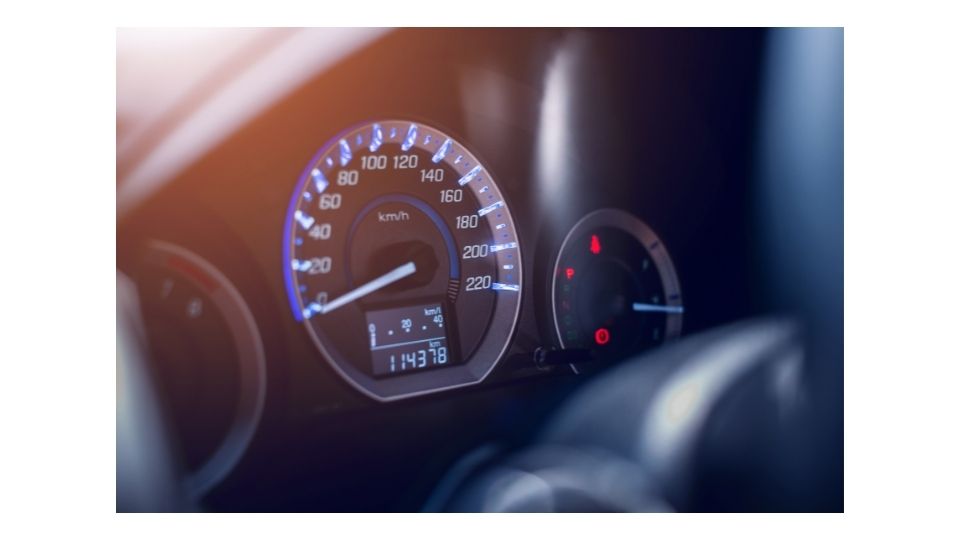In this post, we are going to be looking at known 3.0 Duramax problems and try to get to the bottom of it all and probably solve some of the problems in the process. Right off the bat, writing this post is a bit of a difficult task for one main reason.
I am literally trying to split hairs to find a problem with this engine. The main reason for that is that the 3.0 Duramax is a near-perfect engine.
I say near-perfect just to be somewhat conservative but the truth of the matter is it won’t be much of an exaggeration to call this engine perfect. So, what are the main 3.0 Duramax engine problems?
In short, The major reported problem with 3.0 Duramax though it has been in small numbers has been the engine taking too long to crank or failing to do so altogether. The other documented issue has o do with a belt sitting in oil that needed to be inspected at 150,000 miles.
In order for this to happen though, the transmission needed to be dropped in order to access the belt.
Though these 2 issues definitely cause concern, the benefits that come with this engine far outweigh the potential of facing these problems.
Is the Duramax 3.0 a good engine?
The 3.0 Duramax is a great engine. It is classified as a small diesel engine and has amazing hauling and towing capability. It has a maximum tow rating of 9,000 pounds which it does with grace and ease.
The engine kicks out 277 horsepower plus 460-pound feet of torque. You are also able to get 23 miles per gallon doing city driving and 33 miles per gallon on the highway.
These figures trump even smaller cars. Having said that, no vehicle or engine is perfect. So we will now take a deeper look, or more accurately, try to split hairs and find some flaws within this engine.
Common 3.0 Duramax Problems
There are little to no recorded issues related to the 3.0 Duramax. However, there are relatively few owners with vehicles with this engine who have reported having trouble with their vehicles failing to crank or experiencing long cranks.
It is suspected that this problem is caused by a faulty camshaft position sensor exciter wheel. It would have bent out of shape leading to it not being able to make contact with the crankshaft.
The other “issue” that the 3.0 Duramax reportedly has is an issue with a belt that is located in an awkward position. First of all, it sits in oil which is a concern, and secondly, it needs to be inspected and possibly changed at 150,000 miles.
The main issue with it is that in order to carry out this inspection, you will need to lift the transmission. You cannot access the belt otherwise. This is seen `more as a design flaw and not an actual problem with the engine. Outside of these two issues just highlighted, there really aren’t many other notable things that are wrong with the 3.0 Duramax.
How many miles will a 3.0 Duramax last?
A Duramax engine can last well over 300,000 miles. This issue also hinges a lot on how well the engine is cared for. Regular oil changes and using high-grade synthetics will significantly improve the lifespan of the 3.0 Duramax.
Is GM discontinuing the 3.0 Duramax Diesel?
There have been rumors doing the rounds that GM was discontinuing the 3.0 Duramax. In actual fact, GM is only suspending production but will pick it up again at an unspecified date in the near future.
This was revealed by Chevy’s manager for trucks and SUV communications. This rumor was fuelled in part by the strong drive towards eco-friendly vehicles in the future. The expectation was that there is going to be a focus on hybrid engines and electric motor development going forward.
Conclusion on Duramax 3.0 Engine Issues
The 3.0 Duramax engine really doesn’t have that many issues when you look at it. It is a well-engineered engine that gets the job it was designed to do and it does it extremely well.
For what is considered to be a small engine, it really punches above its weight. With excellent hauling capability and able to tow up to 9,000 pounds all without skipping a beat, this engine can arguably compete amongst some of the best engines of all time.
Outside of the few engines that have reported cases of failing to crank or cranking slowly, there really isn’t anything else that is wrong with this engine.

Tomas is a retired Chevy Auto Technician that brings decades of hands-on experience and expertise to the table. He’s also a father to two incredible daughters. He enjoys using his knowledge and experience to help you solve and find reliable information on Chevrolet vehicles. Whether it’s troubleshooting engine problems or providing tips for maintenance, Thomas is committed to helping Chevy owners keep their vehicles running smoothly and safely.




